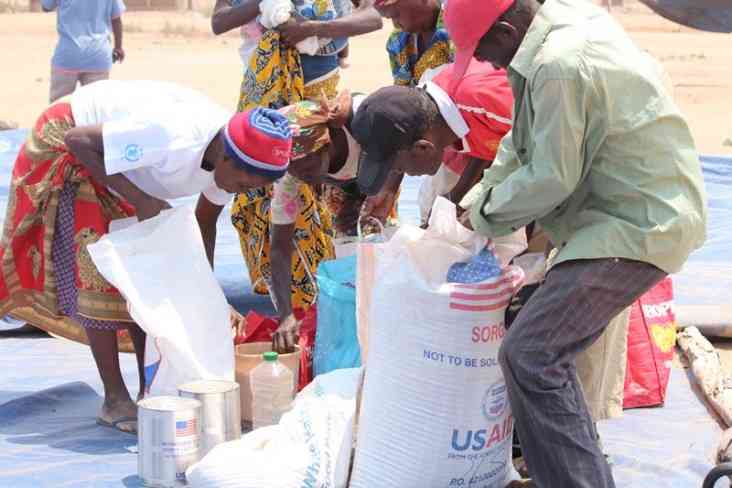
GOVERNMENT will soon roll out the food deficit mitigation strategy across the country, according to Public Service, Labour and Social Welfare minister Paul Mavima.
The strategy was adopted by Cabinet as part of the drought relief management programme to assist vulnerable households.
The programme will provide the elderly, persons with disabilities, the chronically ill and orphaned children with food hand-outs. This is expected to mitigate the impact of droughts.
Each year, a crop and livestock assessment is carried out by the Agriculture, Fisheries, Water, Climate and Rural Resettlement ministry.
Cabinet approved the mitigation strategy plan, which is informed by the Zimbabwe Vulnerability Assessment Committee for rural livelihood assessment results.
These results indicated that approximately 38% of the country’s rural population will be food insecure over the hunger peak period.
Mavima told NewsDay Farming yesterday that the implementation process of the mitigation strategy had already started.
“We are currently implementing the food deficit mitigation strategy,” he said.
- Govt to distribute grain as hunger stalks millions
- Push for social contract gains traction
- Probe into NSSA delayed
- Wages top agenda as TNF meets
Keep Reading
“We have done the assessment and registration and know the areas which need food assistance and on this we are in agreement with the Agriculture ministry. We are just making sure that the funds are available for the transportation of the grain,” he said.
Mavima said the grain was available for distribution to targeted areas, adding that it would be distributed per month.
“A total of 24 000 metric tonnes of grain will be distributed per month as we seek to mitigate food deficit across the country,” he added.
The 3,8 million rural population that is projected to be food insecure over the hunger peak period will be prioritised in food assistance programmes, he said.
However, the Famine Early Warning Systems Network has warned that Southern African countries, Zimbabwe included, are most likely to experience a food crisis as a result of rising fuel and food prices.
Also, the Food and Agriculture Organisation and World Food Programme (WFP), have listed Zimbabwe among 19 food-insecure nations that could face critical food shortages from October 2022 to January 2023.
The WFP projected that the country’s food crisis might worsen by year-end.






